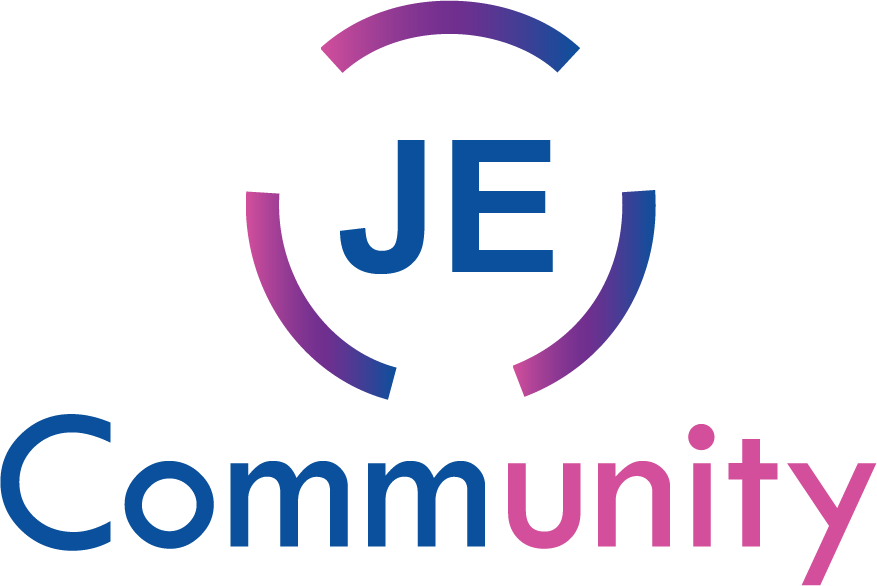Hotel Sales Support Services
Since 2007 Jacaruso Enterprises has led the industry in Remote Hotel Sales Services. We support over 3,500 hotels worldwide, ranging from suburban, urban, airport, and metropolitan to boutique hotels.
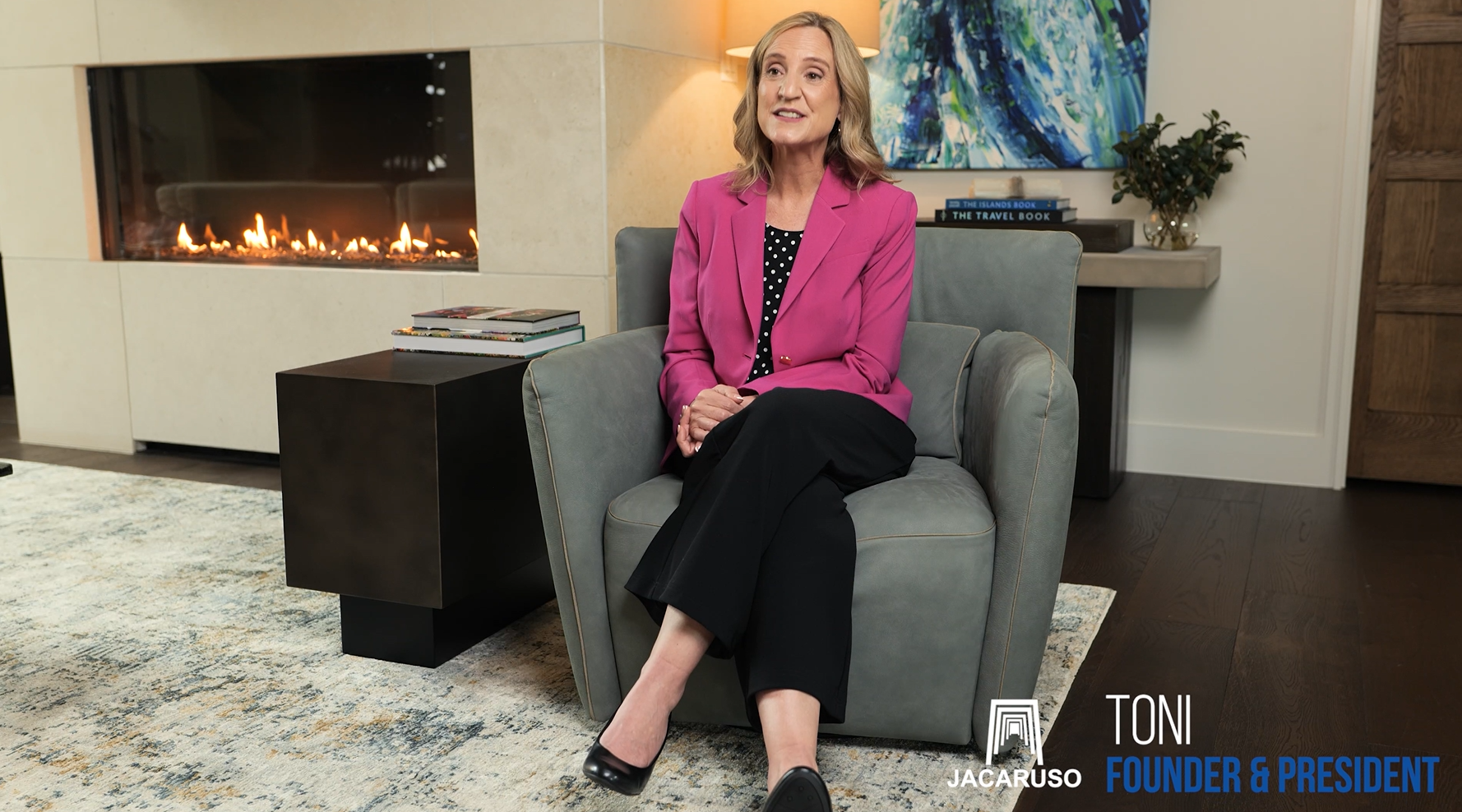
Media error: Format(s) not supported or source(s) not found
Download File: https://jacaruso.com/wp-content/uploads/2024/11/HSS-Promo_Video-Business-Cards_Websized_16x9.mp4?_=1How Our Services Can Help
Proactive Prospecting
Identify & contact
Respond to Leads
Contact inquiries
Manage the RFP Process
Respond & Complete
Account Maintenance
Strengthen relationships
Marketing Resources
Promote offerings
Team Training
Develop team
Success Story
A real success story of results, growth and lasting impact. Discover how our service can transform sales performance.
Case Study of Outstanding Progress
Fairfield Inn & Suites - Utah
Rural Market
Time in Service: August 22-Present
Hear from the Client
“Our RDOS, Valerie, is the unsung hero of our team. Earlier this year, her tenacity secured a new account
for our hotel with a massive return of over $600K!”
- Eric R., Task Force GM
Hotel Performance
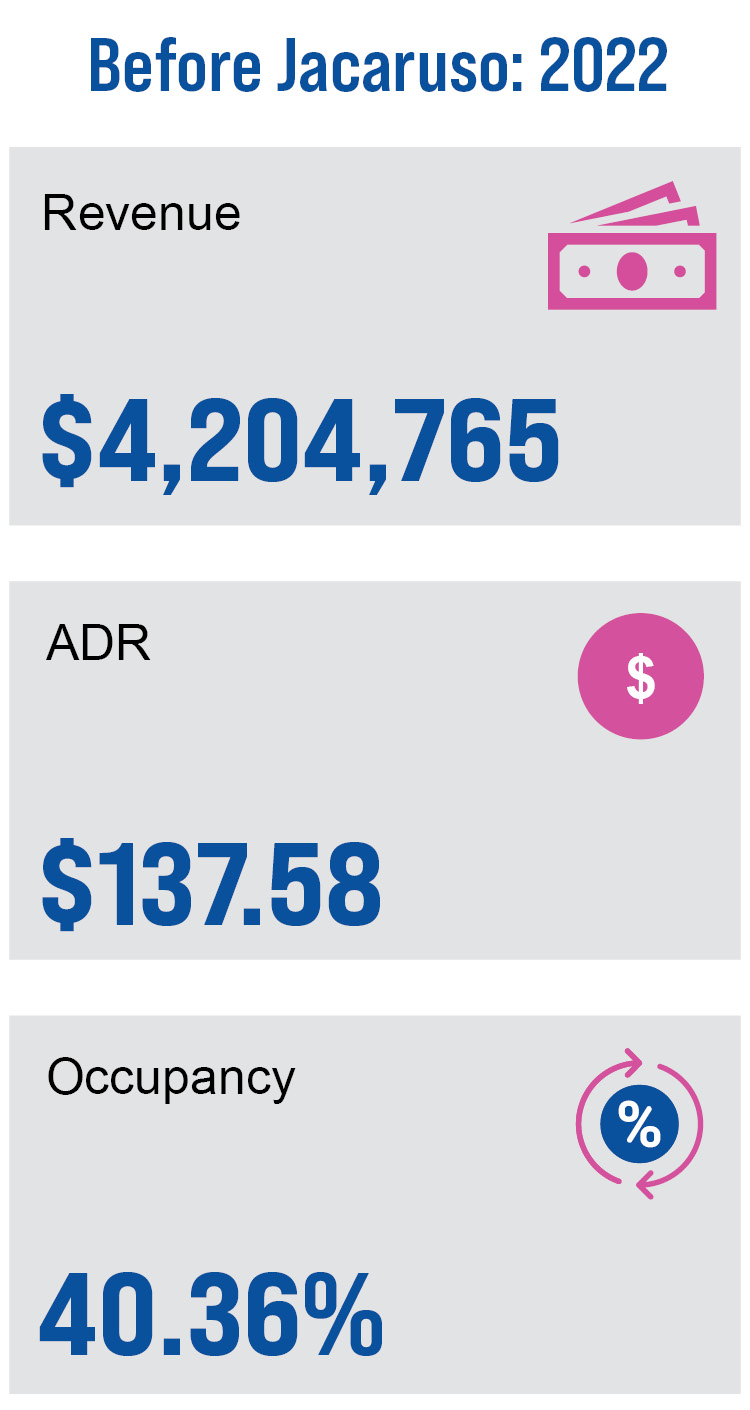
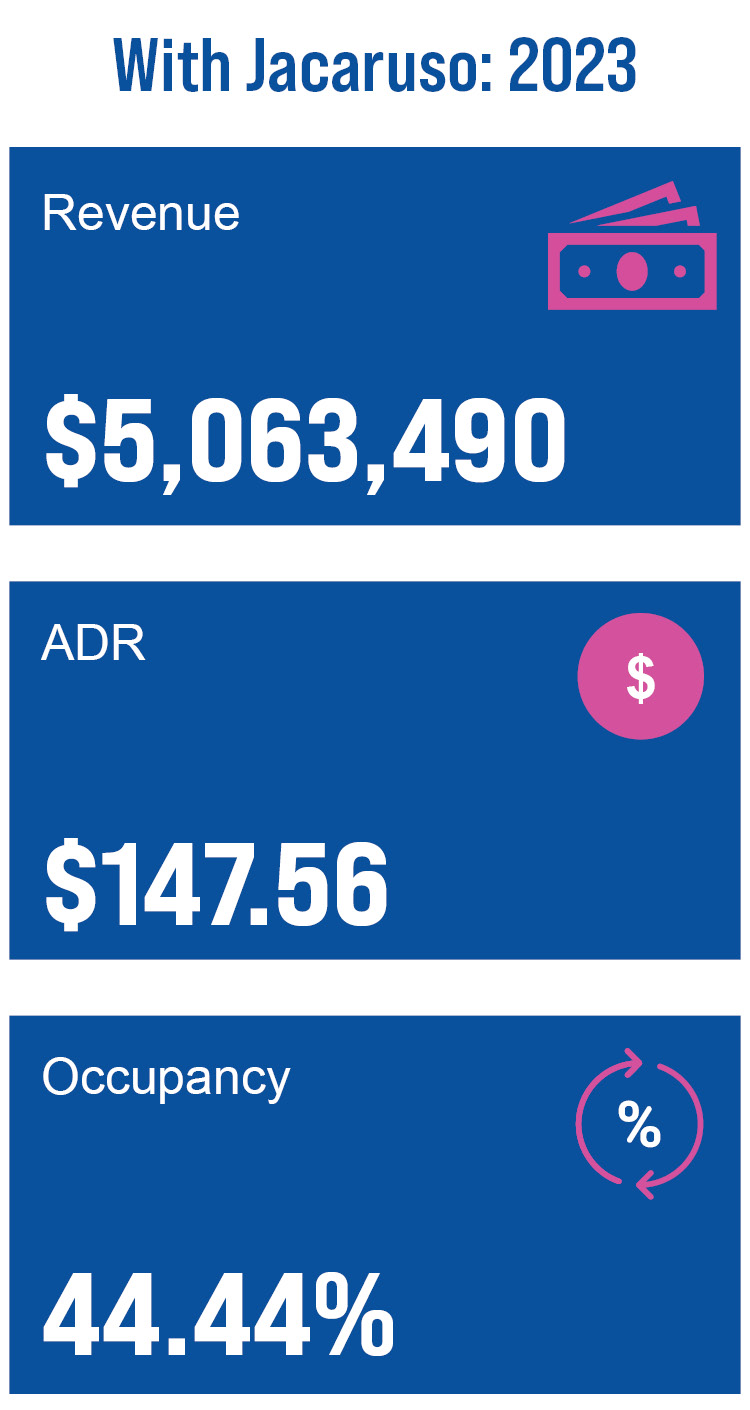
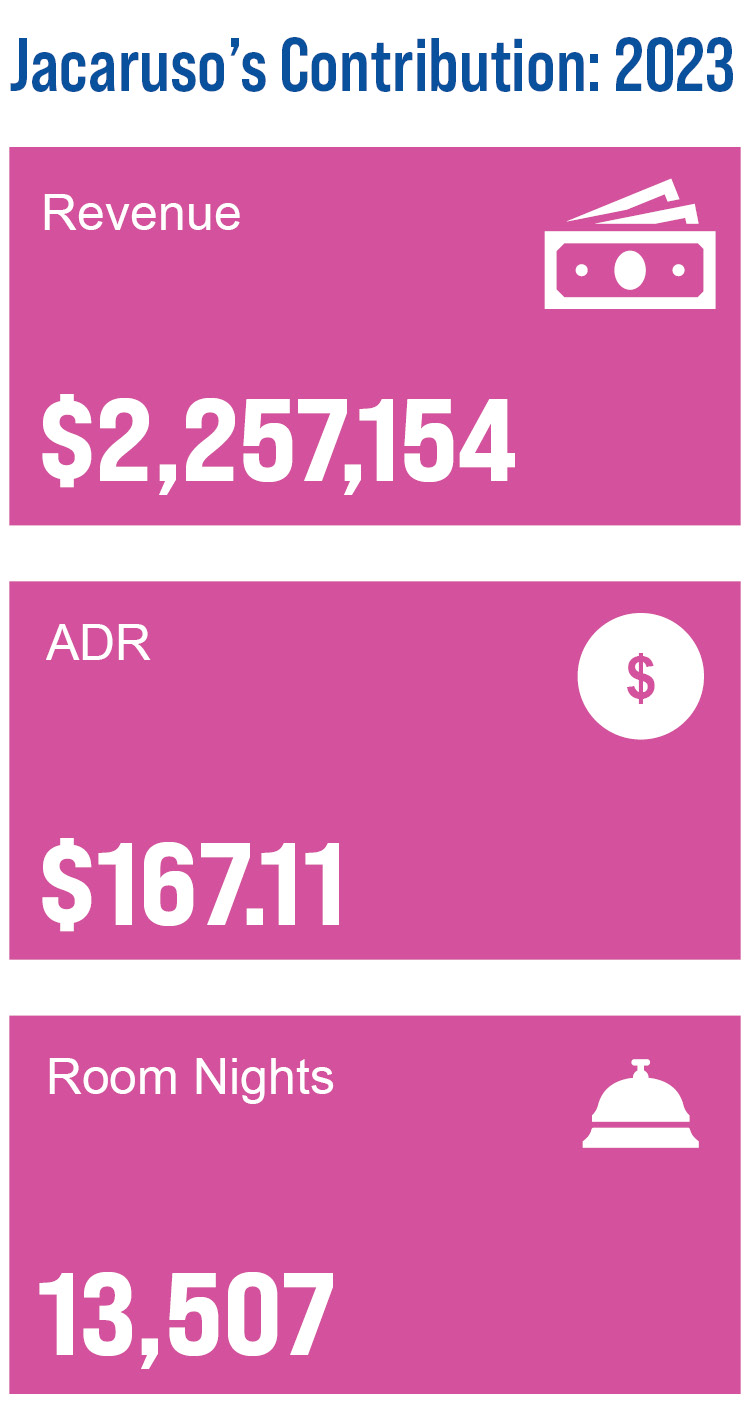
Our Other Services
Get all the benefits of an expert Regional Director of Sales PLUS a Regional Sales Coordinator in our newest service options.
Get qualified leads delivered to your inbox by a cutting-edge AI virtual sales assistant.
Improving employee performance improves profitability. Get training for tomorrow’s hospitality leaders and learn how to deliver exceptional guest service.
When you have turnover or a temporary vacancy in your sales department, we can help make sure sales doesn’t slip through the cracks.
Have your best opening yet! Our team works with hotels going through the opening process, providing remote hotel sales coverage while the on-property team focuses on operations.
Set the tone for your next event with a dynamic and engaging presentation with relevant concepts that will increase productivity and profitability.
Our free online community provides a place for hospitality professionals to explore tending topics, learn new best practices and connect with others.
Let’s Get Started!
Want to learn more about how our services can help you?
Contact us today!
Frequently Asked Questions
Hotel sales is the process of bringing new business to the hotel by selling sleeping rooms, special events, meetings, conventions, food & beverage, and special amenities such as spa services, packages, or leisure activities.
All sales activities at the hotel are managed by the Director of Sales to maximize hotel revenue. The Director of Sales oversees a sales team of sales managers, catering managers and sales coordinators.
A “perfect sell” is when each room in the hotel is 100% sold and occupied. While having a perfect sell is a great achievement, you may be surprised to know it is not the most important goal. The ultimate goal of each hotel is having the right guests, at the right rate, at the right time. Consider this example: you operate a 100-room hotel, at 100% occupancy with guests paying the rate of $50 per night. While that is certainly an accomplishment, think about having that same 100-room hotel at 50% occupancy with guests paying the rate of $129 per night. The results? More revenue and a higher RevPAR. And anytime we can drive a higher RevPAR through rate we are also more profitable.
To assist with achieving this revenue goal, the hotel’s Revenue Manager works with the sales team to identify who the “right guest” is for that hotel. Hotel pricing influences the “right rate” for that hotel and is determined by a variety of factors including location, seasonality, demand, star rating, amenities and market conditions. The “right time” is established by also considering factors such as local events, holidays, day of week and season. A perfect sell is truly made perfect when revenue management is implemented.
A successful hotel sets sales targets that are SMART: Specific, Measurable, Attainable, Realistic and Timely. An example of a SMART sales target would be: Achieve a $109 average daily rate in the month of June for all group accounts. Here are the steps the sales team should take in effort to achieve this goal:
- Discuss your goal within the sales team and with the revenue manager. Set a clear expectation that everyone is accountable for achieving this goal, making the sales target visible to all helps to keep the objective in perspective.
- Once discussed within the sales team, also discuss this sales target with the operations team including hotel managers and the front desk. While these individuals may not have direct accountability in achieving this goal, they will need to support the sales department. Informing the operations team of this specific sales target may also remind them to think twice the next time they attempt to override a group rate.
- Discuss the sales target weekly (if not daily) and determine if the team is on-track or off-track. Perhaps there was a piece of business that required the sales team to offer a lower rate than anticipated which negatively impacted achieving the sales goal. That’s okay. If the sales team is off-track, discuss an action plan to get back on-track.
- At the end of your target period, review results. What worked? What didn’t work? What can be done differently? Was the goal a real challenge or simpler than anticipated? If necessary, stretch your sales target the following period to further accelerate results.
RevPAR= Revenue Per Available Room. RevPar measures hotel performance and can be calculated with two different formulas.
- Total Guestroom Revenue ÷ Number of Rooms Available = RevPAR
- Average Daily Rate x Occupancy Rate = RevPAR
Here’s an example of both formulas. Consider these metrics:
Total Number of Rooms: 150, Out of Order Rooms: 25
Total Number of Available Rooms: 125 (150 Total Hotel Rooms – 25 Rooms Out of Order)
Average Daily Rate: $99
Occupancy Rate: 83%
Total Room Revenue: $10,271.25 (125 rooms x $99/room x 83% occupancy)
Total Guestroom Revenue ÷ Number of Rooms Available = RevPAR
$10,271.25 ÷ 125 = $82.17
Average Daily Rate x Occupancy Rate = RevPAR
$99 x 0.83 = $82.17
Keep in mind, period of time is an additional variable that effects the calculation of RevPar. If you were to use the information above to calculate RevPar for the quarter, here’s what it would look like:
Total Room Revenue (for the 90 days) / Rooms Available x Period of Time (90 days)
$843,750/ ($125 x 90) = $843,750/$11,250 = $75.00
Now that you’ve learned the calculation for RevPAR, you can calculate the RevPAR of your hotel.
Increasing sales is a team effort that cannot fall on just one individual or department. The sales team is primarily responsible for finding the right guest, at the right rate, at the right time. By identifying the target market, the sales team can do a better job of promoting hotel offerings to reach specific revenue goals. Keep in mind, however, that every department sells in the hospitality industry. The sales team generates leads and finds the business, but the operations team is responsible for providing the guest service and hospitality that maintain the business. Let’s take a deeper look into the functions of sales vs. operations.
Once the sales team finds a piece of business that is the right fit for the hotel, the hotel operations team is responsible for execution of that business, starting with the reservation process. Whether taking a reservation over the phone or assisting a guest that walks in, the hospitality provided by the Front Desk staff either drives loyalty or can run guests away. They must not only provide an efficient check-in and check-out experience, they are also the front line for dealing with billing questions, rate adjustments and complaints. Usually, the first and last impression of the guest experience is made at the front desk.
Other departments in hotel operations, such as Housekeeping, Maintenance and Food & Beverage, play roles in the guest experience too! The housekeeping department is responsible for providing clean rooms for guests and all of the amenities needed for an exceptional stay. The maintenance department must perform preventative maintenance and stay up to date with room repairs. They must also oversee the electrical, plumbing and overall building operations on a day to day basis. The food and beverage department must ensure they are serving high-quality food that meets Department of Health standards is tasty! If the sales team is selling the hotel based on service and hospitality that cannot be delivered by the operations department, sales of the hotel will never increase. This is why the team effort is key to fulfilled expectations, a positive guest experience, repeat business and referrals.
If you are responsible for negotiating a nightly rate for yourself or travelers in your organization, there are critical pieces of information you must have in effort to approach a hotel for your business. After you’ve researched location, brand, nightly rate or other factors, ensure you have the following information available to be properly prepared for a discussion with the hotel sales team:
- Reason for the Negotiated Rate Request
Ensure you are prepared to tell the hotel sales manager the reason why your organization requires a negotiated rate. Do you have clients or customers from out of town visiting your local office? Does your organization host new hire orientation or sales training that requires territory reps to travel? Are there monthly or quarterly meetings where overnight accommodations are needed?
- Estimated number of Room Nights Required
Based on the reason for the negotiated rate, determine how many room nights (also referred to as number of rooms per night) are needed each week and/or each month. If this total may vary, provide a range. This will not only show the hotel the value of your business, if the hotel requires a minimum number of room nights to maintain your negotiated rate, you can ensure you can meet the obligation.
- Number of Travelers
Be prepared to elaborate on how many travelers will be utilizing this rate. Do you have a team of individuals or just one or two that will require the use of a negotiated rate? This information is also helpful for the sales team that will be maintaining your account.
- Days of Week Negotiated Rate is Needed
Do your travelers require the negotiated rate on weeknights, weekends, or shoulder nights like Sundays and Thursdays? The negotiated rate the hotel offers you will be based on this factor. If your travelers’ plans require overnight accommodations on a traditional peak night (Tuesdays and Wednesdays), you may be offered a higher negotiated rate than if you have travelers requiring accommodations arriving on or staying through shoulder nights like Sundays or Thursdays.
- Seasonality
Are there times where there is more frequent or infrequent travel? Be prepared to speak to specific travel patterns. If so, the sales team may present you with multiple rates for times for peak and non-peak travel.
- Amenity Requirements
Anticipate having a list of amenities that need to be provided by a hotel. For example, if your travelers require breakfast included in their room rate because your organization does not offer per diem for meals, this is an important feature the hotel must include. Other examples of amenity requirements could include airport/local shuttle, early check-in or late check-out, loyalty points, on-site meeting space, on-site bar/restaurant, refrigerator or microwave in the guestroom, etc. Keep these requirements in mind as you begin researching viable hotel options.
- Reservation Method
Determine how reservations will be placed. Will individuals be responsible for making their own reservations? Can they call to place a phone reservation, or will they need to use a one-click booking link for online reservations? Will the hotel accept a walk-in reservation from your travelers, or is it required to provide a rooming list of each traveler’s arrival and departure date? If there are a variety of reservation method options available, make sure you discuss these options with the hotel sales manager.
- Payment Method
Once reservations are placed, how will they be paid for? Will individuals be responsible for their own payment? Will a credit card authorization form be provided for all travelers within the organization? Are you requesting the hotel to offer direct billing for payment purposes? Whatever the method may be, you will need to discuss in detail with the hotel.
- Target Rate
While you may or may not want to share your target rate with the hotel, you must consider the nightly rate range you’d like to negotiate. While it is important to keep this price point in mind, be sure to take into account some wiggle room if there are additional features or amenities offered by the hotel that provide additional value.
Once you have this information gathered, and you have researched hotels that fit your criteria, reach out to each individual hotel. Request to speak to the on-site director of sales, sales manager or someone from the sales team. A well-trained salesperson will take the information you provide and determine the best rate offer for your business. They will provide you with a proposal for review. Ensure the proposal includes specific information such as the term of the agreement, minimum room night requirements, blackout dates, premium dates or if your rate is last room available or non-last room available. Review the offer and determine the best fit based on your organization’s goals.
Upselling is a sales technique that involves exposing the customer to additional services or features they may not have considered previously. Ultimately, it can be an effective strategy to generate more revenue. In the hotel industry, upselling should benefit the guest first and foremost. Here are some examples of options you can upsell at your hotel:
- Room Upgrades
The most-used upsell strategy at hotels is room upgrades. Consider offering an upgrade to a premium room type with enhanced features the next time you have a guest booked in a standard room. When implemented properly, this approach can be extremely effective.
- Special Guestroom Features
Special guestroom features are designed to enhance a guest’s experience. Promote options that make sense to the guest based on their stay. Examples of special guestroom features can include a pullout couch, jetted tub, fireplace or balcony. Think about what exclusive features your hotel offers for an upsell option.
- Exclusive Package Offers
The goal of hospitality is to create an authentic and memorable guest experience. There’s no better way to do that than by providing exceptional guest service with an exclusive package offer like tickets to a special local event, a family getaway or even a romance/honeymoon package. For many, the expense will be a worthwhile cost for the one-of-a-kind moments created.
- Leisure Activities
Generate excitement with guests by partnering with a popular attraction in the area or providing things for them to do such as surf lessons, city tours, boat rides and other leisure activities. These distinctive options are sure to generate buzz.
- Food & Beverage
Whether you have an on-site restaurant & bar, or catering service amenities, food & beverage is a key area for upselling. Think about opportunities to celebrate a special occasion like a Valentine’s Day 5-course meal or Champagne Sunday brunch. You can also offer food & beverage upgrades on catering services. Examples include hand-passed hors d’oeuvres, carving stations, premium menu items and more.
- Spa Services
After a long or stressful day of travel, a spa package can be a great way to relax and unwind. Think about recommending your spa services to guests during the check-in process as an add-on. They will be sure to thank you for the suggestion.
Proper hotel distribution is the secret to increasing bookings at your hotel. Hotel distribution is a strategy used to sell hotel rooms through a variety of different channels. Before discussing hotel distribution in further detail, it’s important to identify your target market. Who are the guests you are trying to attract? Is there a specific demographic, geographic or, lifestyle that makes up your target market? Understanding this concept will help you to better market your hotel to the right guest.
Once you have identified your target market, begin attracting these guests through your website. Ensure your location, amenities, policies, and images are current and available for potential guests to have a clear understanding of your offerings. Furthermore, make sure your website has a visible online presence with search engines like Google, Bing, Yahoo, etc. If potential guests can’t find your hotel easily online, they likely will stop looking or find your competitor. Consider these additional key areas for hotel distribution:
- Global Distribution System (GDS): The GDS is a system network that facilitates transactions between travel industry service providers like airlines, hotels and car rental companies with travel agencies. Visibility in GDS can be a primary avenue to increase your hotel’s distribution.
- OTA’s: Does your hotel have a presence through Online Travel Agencies such as Expedia, Booking.com, Tripadvisor and other third-party travel sites? There are thousands of OTA’s and being visible on OTA sites will further extend your hotel’s reach to attract new potential guests.
- Group Booking Sites: Extend your hotel’s visibility by listing your hotel on group booking sites such as HotelPlanner, Cvent and with BookMyGroup. These group booking services will pass along group (and meeting) inquiries based on traveler request.
- Guest Loyalty Programs: Whether you are a branded hotel, or an independent property, guest loyalty programs engage and reward hotel guests. Additional incentive offers can further drive direct bookings during times of low demand.
- Packages and Promotions: Exclusive packages like tickets to a special local event, attraction or city tour, are not only great partnership opportunities, they provide a one-of-a-kind experience and cannot be duplicated. Consider creating packages and promotions that may also help drive loyalty for your target market.
Here are other ways hotels increase bookings:
- Acquiring local and corporate negotiated accounts
- Building awareness through social media
- Creating memorable moments with exceptional hospitality
- Fast response time to inquiries and complaints
Service is the act of doing something. It is a transactional activity. Hospitality is an interaction. It involves the way you make someone feel. Consider this example: You arrive at the hotel after a long flight. You are standing at the front desk, in line waiting to check in. When you get to the front of the line, the front desk clerk asks for your name and your credit card. You hand these items to them, they punch in a few keystrokes on the computer, hand you a key and point to the direction of your room. This is an example of service.
How can hospitality be shown in that same example? You arrive at the hotel after a long flight. You are standing at the front desk, in line waiting to check in. You see the front desk agent acknowledge you for waiting patiently, thank you with a smile and inform you they will be with you shortly. When you get to the front of the line, the front desk agent asks how your travel went. They really listen and sympathize with your response. Since you’ve had a long day, they recommend adding a spa package to your stay so you can relax and unwind. They grab a brochure, show you an option you may be interested in, and offer to book the package for you. After they hand you your key, they offer you a courtesy wake-up call reminder for your spa appointment, then call the bellman to the desk to take your bags to the room. As you leave the next day, the front desk agent smiles warmly, asks how you slept and if you enjoyed your spa package, and offers to call you a taxi to the airport. They then thank you for your business and ask for you to return again soon. This is an example of hospitality.
The four segments of the hospitality industry are food & beverage, travel & tourism, lodging, and recreation. Jacaruso Enterprises engages in the lodging segment of hospitality consulting by offering hotel sales solutions. We partner with small and medium size hotels to develop an effective sales strategy to drive direct bookings. We work with hotels that have either an onsite director of sales, sales team or those without any sales representation at all.


